Sometimes you get an emotional trigger for the things you are supposed to write. The pieces are waiting in my mind. Some of them have been waiting for years. But I know they aren’t meant to be written until I receive the trigger.
The trigger this morning was this piece by my friend Slugdaddy, who writes about how the pandemic forced his family to downsize and move into the country.
“Dude, where’s my Hatteras?” is our generation’s “Who is John Galt?” - a rallying cry for a return to health, wealth, widespread prosperity, and sanity.
And if you don’t know who John Galt is, then I guess you need to read some Ayn Rand.
Like Slugdaddy, my husband was very much an idealist (and also an Objectivist) and I see shades of my husband and former life in Slugdaddy, with his former Bentley and the nice interior design on his former home.
This was our house. You can still find pics of it online on houzz. It’s called “Golden Residence” because it was technically within the limits of Golden CO:
Four months to the day after my husband died, I was on a plane to New Zealand, the vast majority of the contents of the house sold, and the house would be foreclosed upon six months later. I had stopped paying the mortgage about half year after my husband got sick.
When I got to New Zealand, I moved a 20 foot container of stuff (looking back I can see that I still kept WAY too much shit, but I just wasn’t ready to part with it) into a 600 square foot flat, with a sink that was barely big enough to fit my dishes.
I cried.
It was a big hit.
Looking back, my emotionalism seems silly. But it wasn’t the lifestyle difference. I was a poor grad student when I met my husband, and I never cared about material wealth and only lived that way when I was with him.
It was something else. It was that the house was a symbol of everything else that died when Robb died. I didn’t actually miss the house, because I’d complained to my husband for years that it was a money pit that was a millstone around our necks. I had longed to live a simpler and freer life for years.
I survived the first year and a transition from teaching college to private sector. My flat was actually adorable in its own right. Mid-century modern, only a 20 minute walk from two delightful beaches, with a small vegetable garden that produced most of my salad vegetables all year long due to the Zone 7-8 type growing season, and enough citrus and feijoa coming off of my neighbor’s trees to keep me happy all autumn and winter.
And then, I thrived. It was heaven on earth, really.
Over the coming years, I’d laugh at Americans who were full of fear and worry and attempts to hold onto more stuff than you could shake a stick at. After all, I was only returning to a lifestyle somewhat similar to that I'd had as a starving student in grad school, all while being able to adventure in and call home one of the most beautiful countries on earth.
I was free again.
And I found that over time, I liked that simple life much more. I found myself wishing I had been able to pull Robb away from his castle in the sky, which had proved to be a financial and emotional burden to him for many years.
A few months before he died, he expressed regret at not getting rid of the house years before.
“But I know why I didn’t do it. It was fear, yellow freaking fear,” he said.
He waved his hands around, gesturing at the magnificent kitchen.
Robb frequently spoke in metaphor. I recognized the quote instantly. It was from one of his favorite movies, Joe vs. the Volcano, in which Joe learns he has been diagnosed with a terminal illness (a brain cloud) — a cruel metaphor for the terminal brain cancer my husband had been diagnosed with nearly a year earlier. On one of the nights immediately following his diagnosis, we sat down and watched that movie — among with many others holding meaning for him.
This is the scene from whence the famous quote derives:
I never thought I would lose New Zealand eventually, too. When I did, I grieved deeply yet again. I had started all over again in 2015, building my life up year by year, and now I was being forced, against my will, to start all over again a second time in 2021.
But I knew that I would live. Because I had done a much harder thing before.
Many people are losing. They are hemorrhaging money. They are losing loved ones, houses, jobs, education, travel.
For many people, this pandemic is their first time grieving the loss of a big thing. They were diagnosed with a brain cloud. Some of them were forced to move beyond their fear, and they have decided to quit their jobs. They have walked out on Mr. Waturi, after cathartically telling him exactly what they think of him.
And now, in that freedom, they are learning how to grieve what they lost.
The next time a loss comes, they will know how to bring themselves back to life. They will have done it before.
And they will be able to do it again.




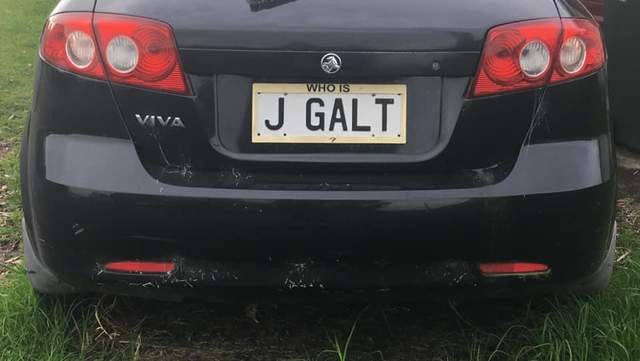
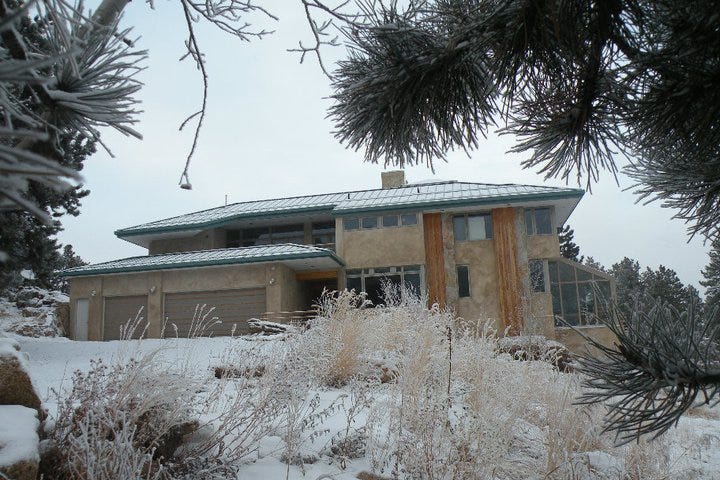
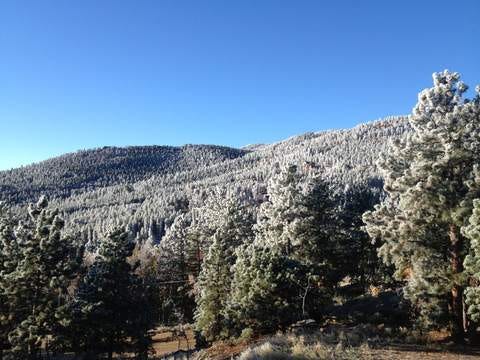
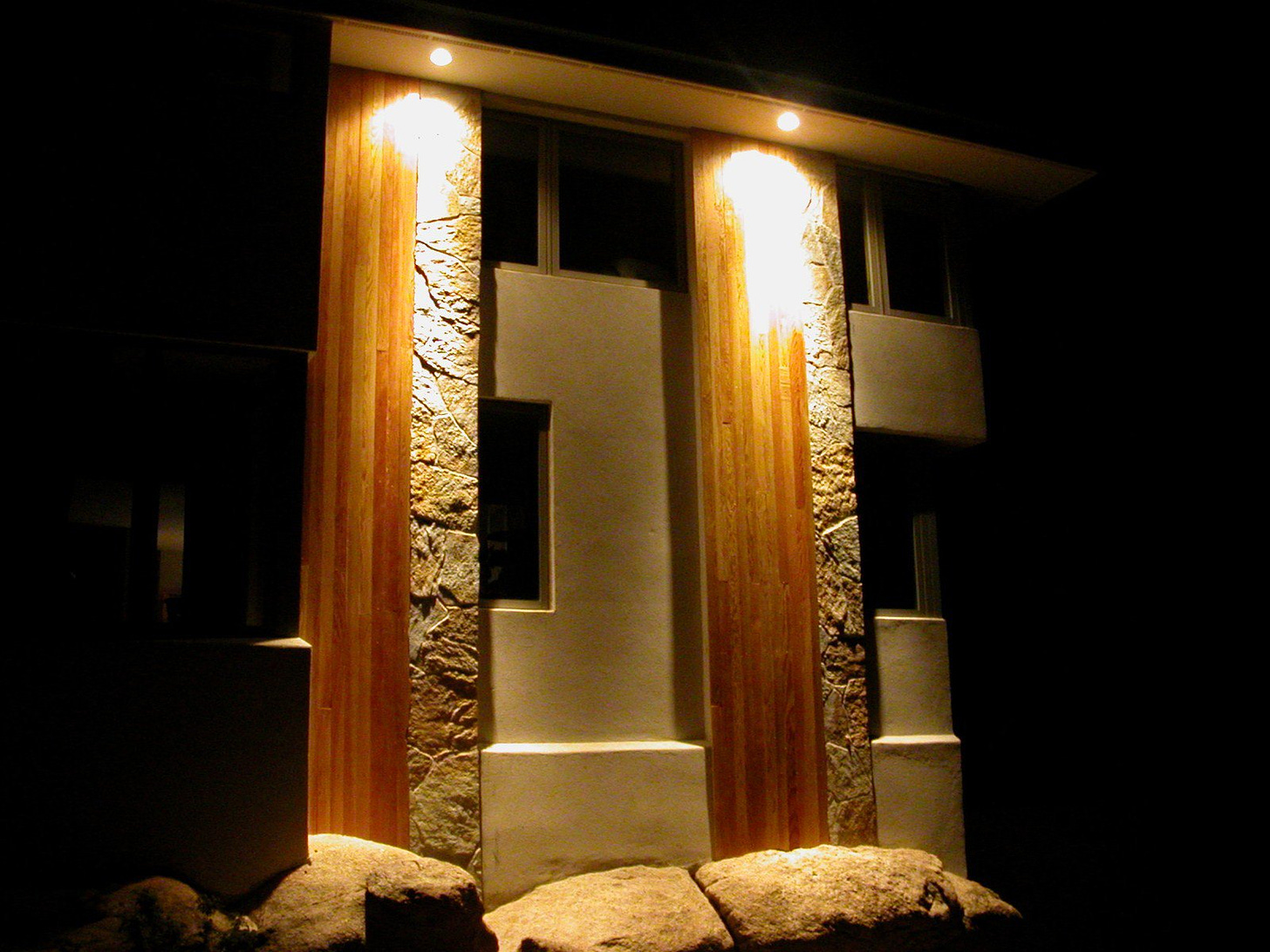
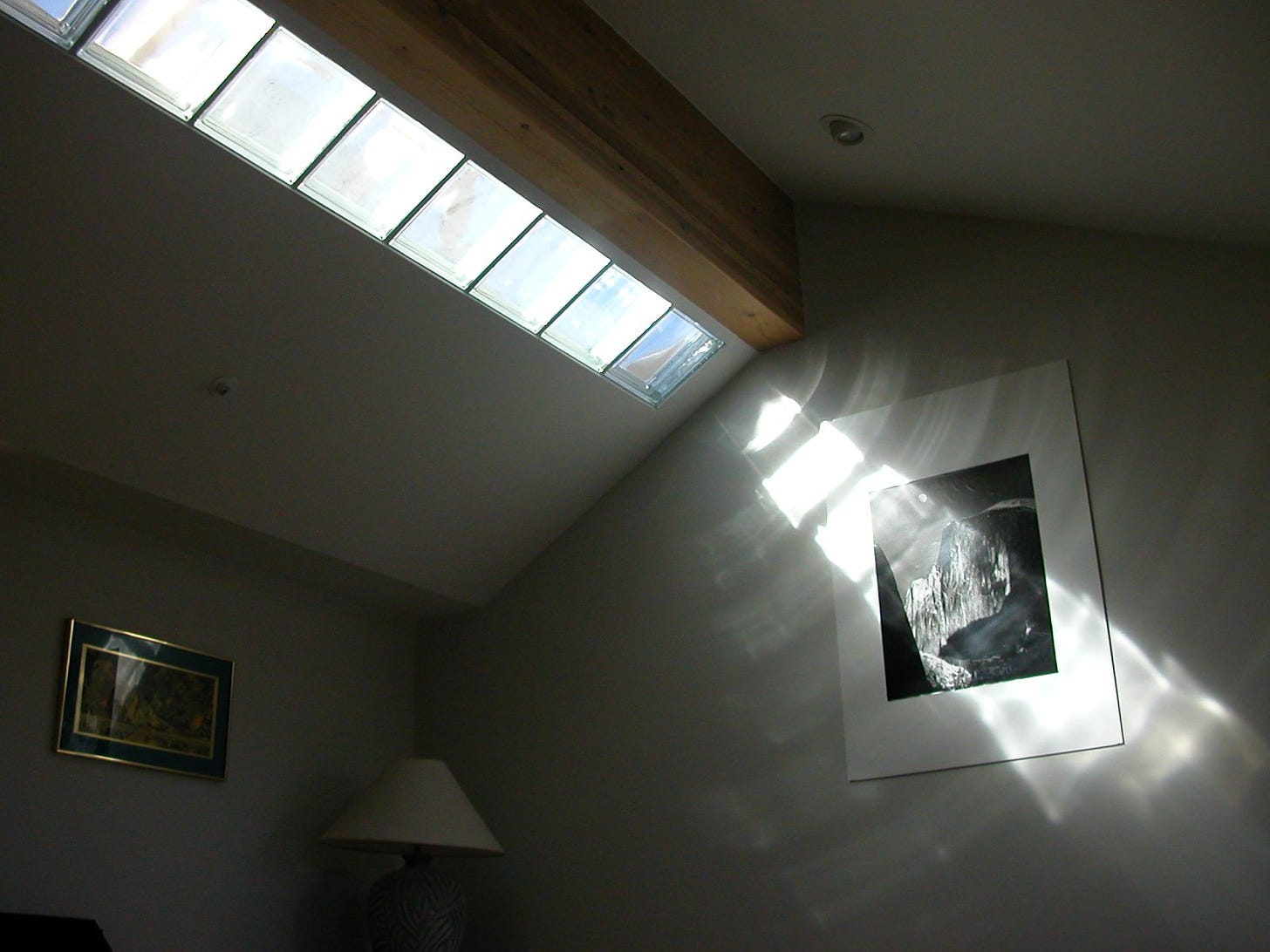

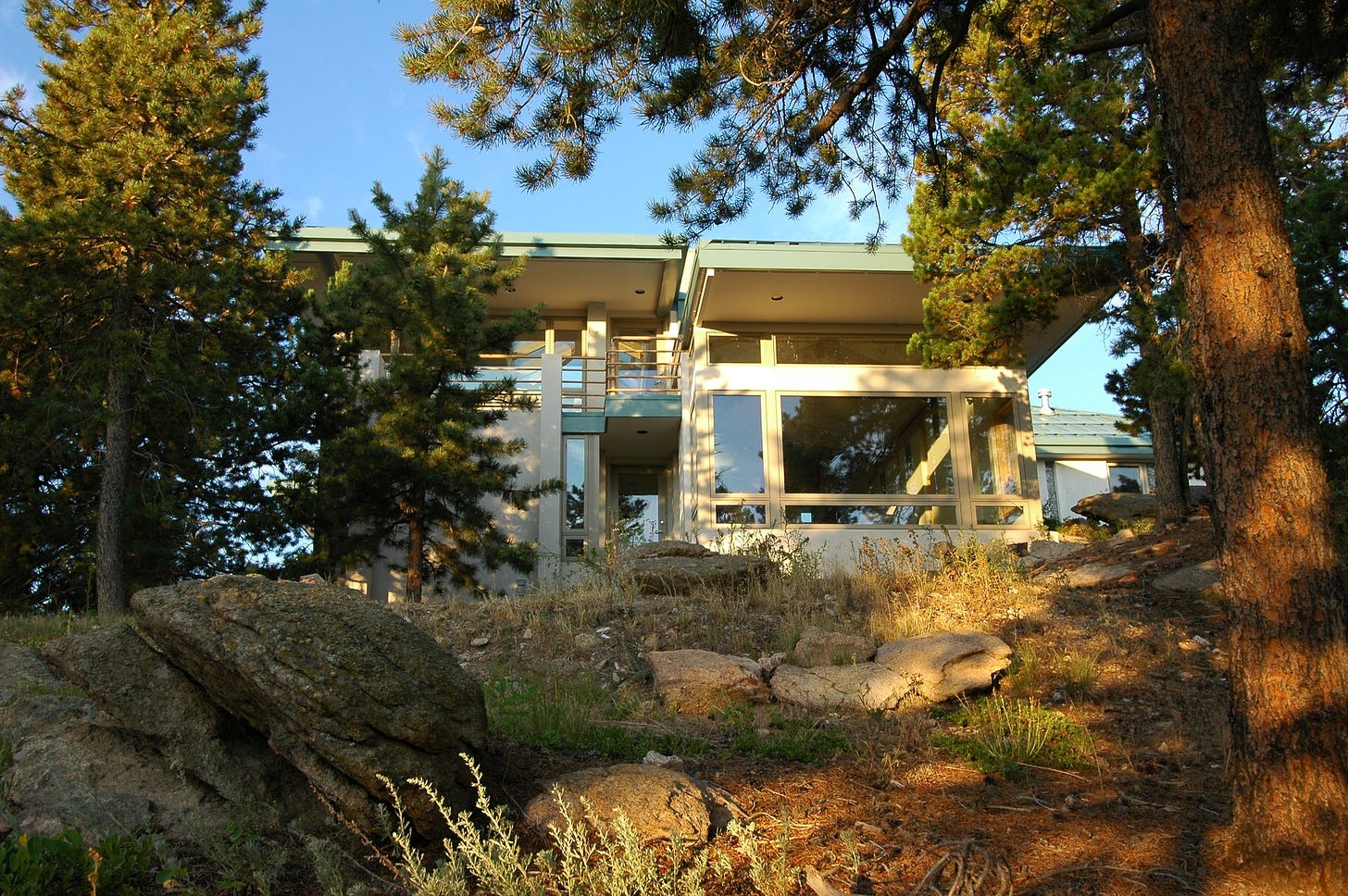
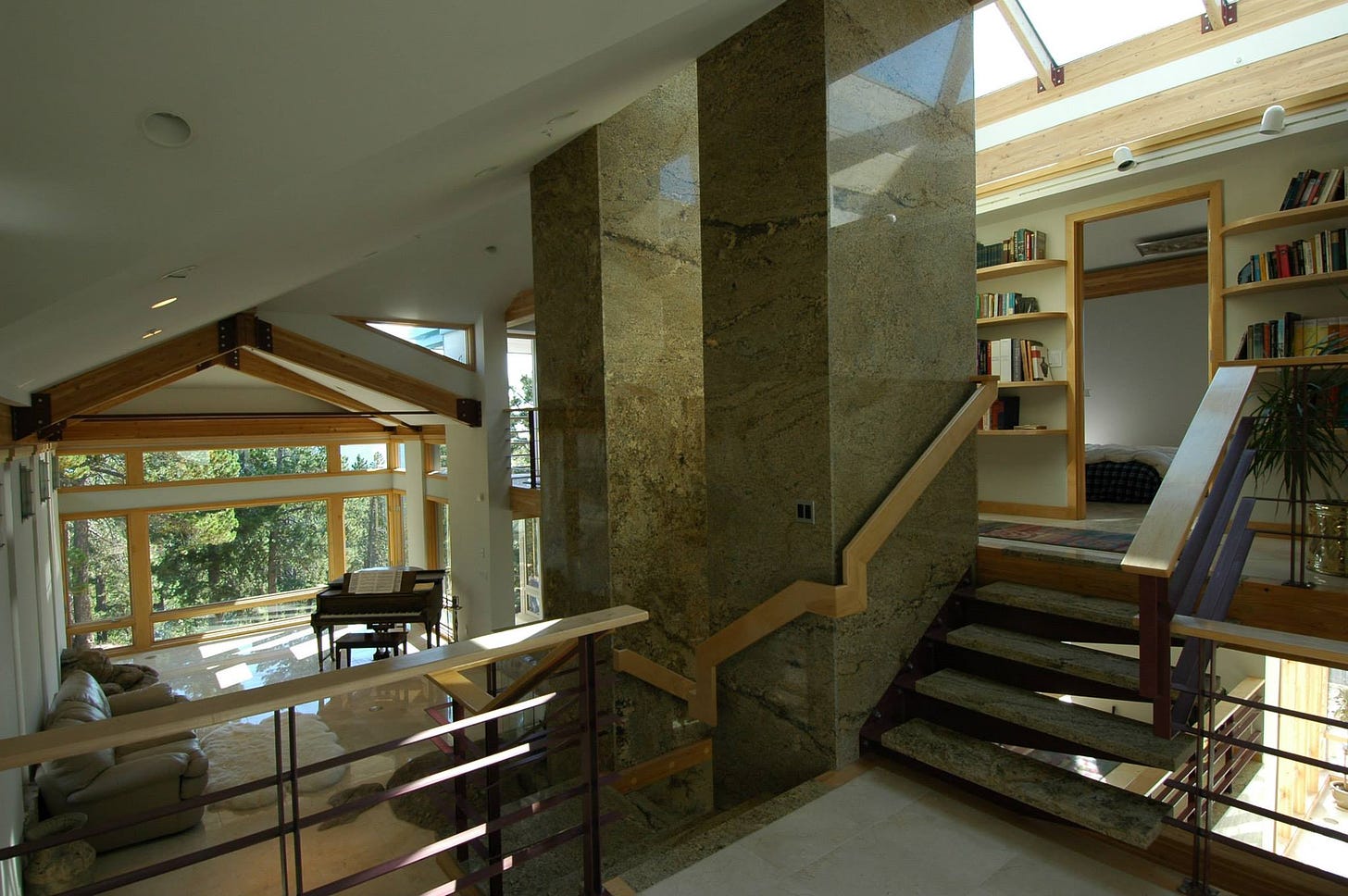



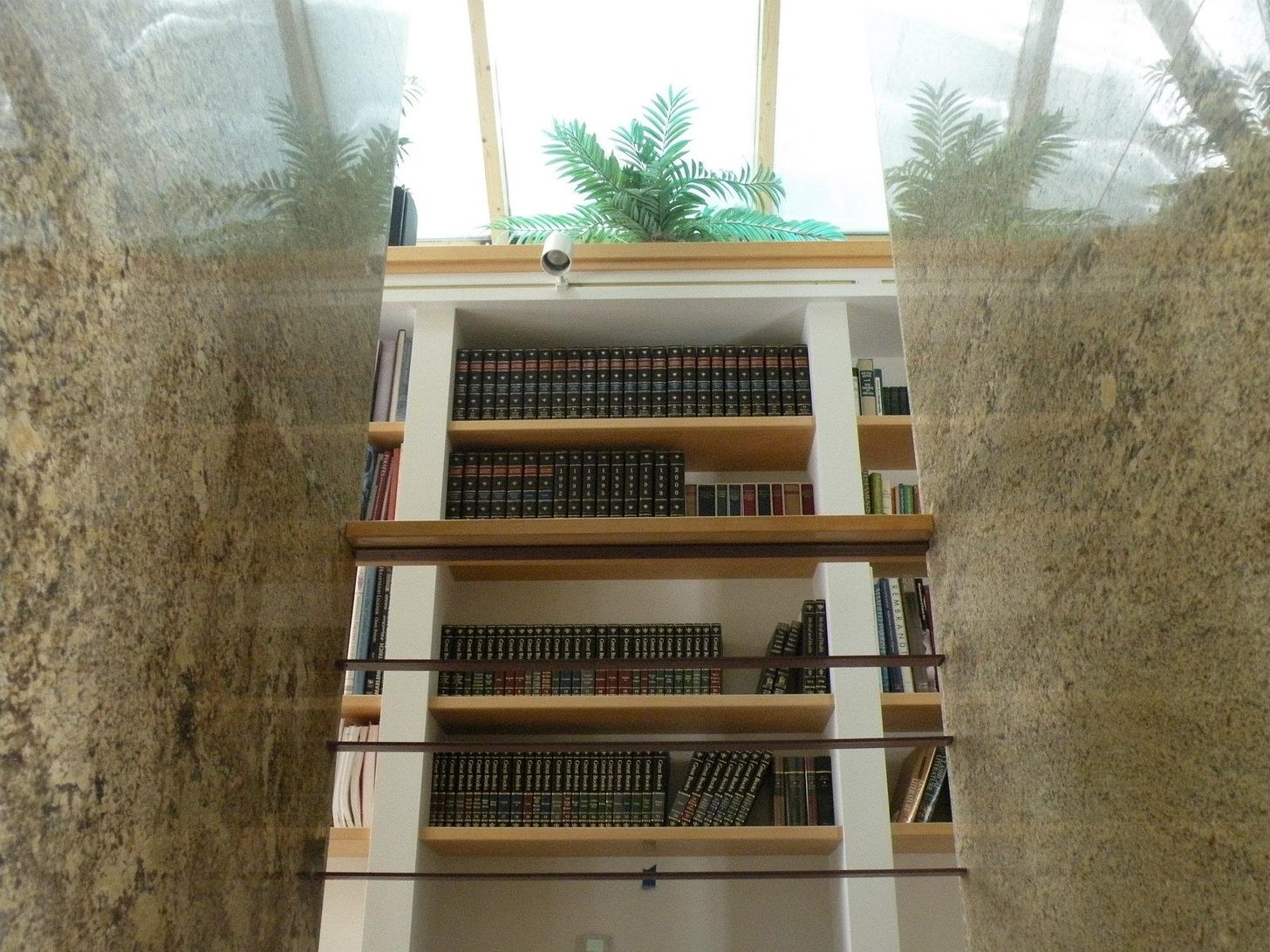
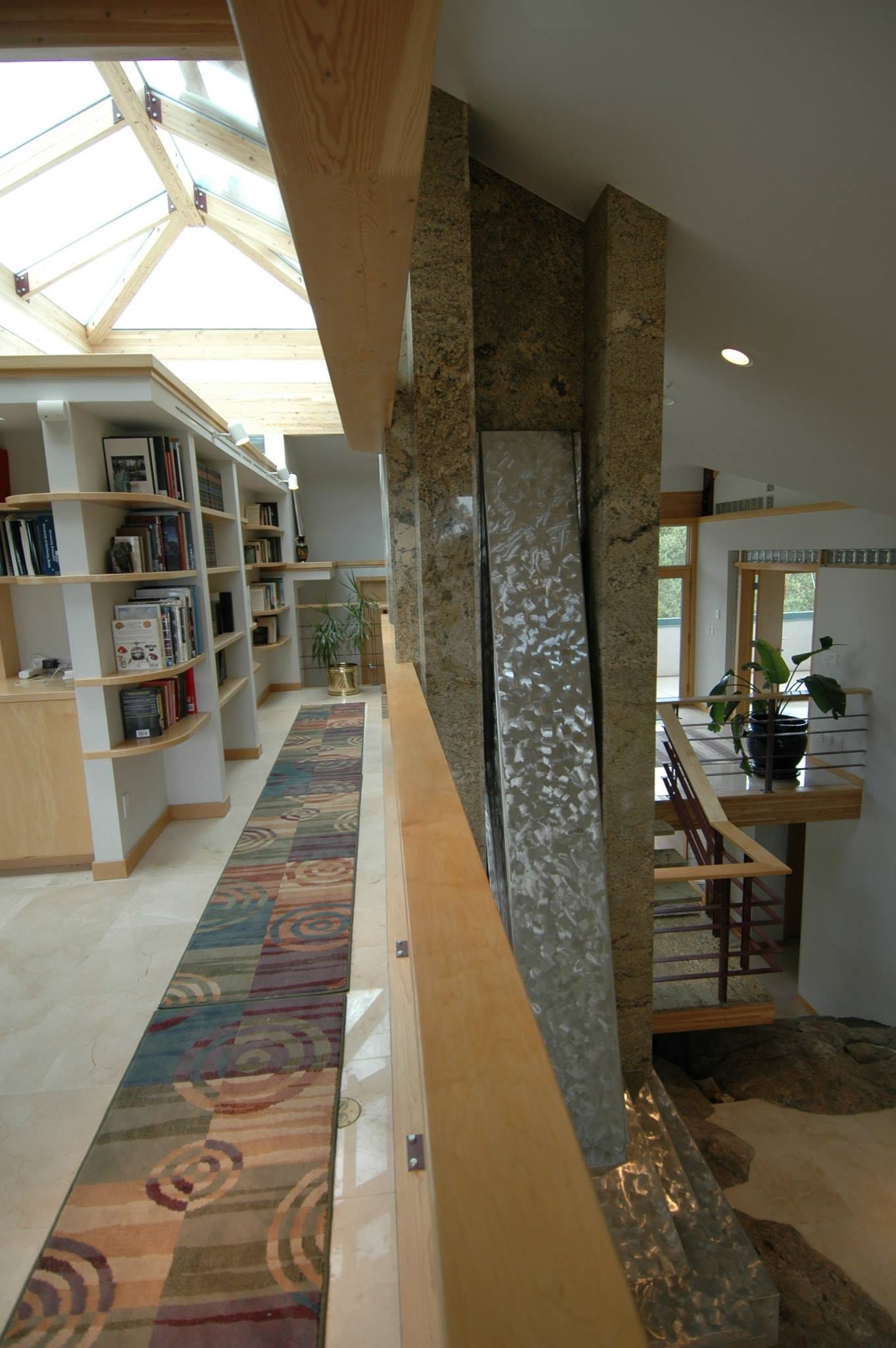
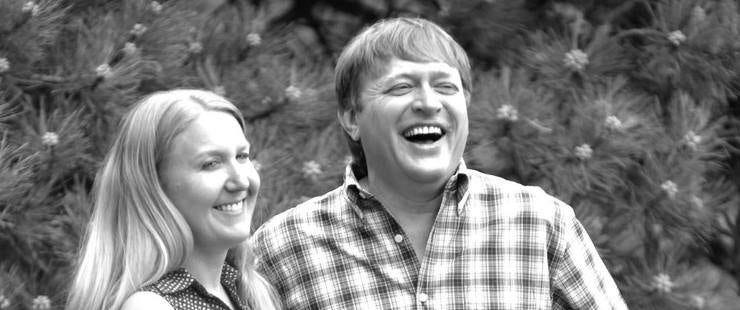
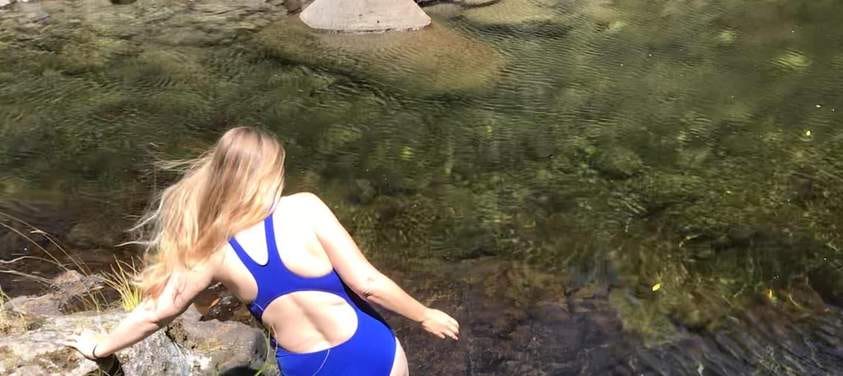
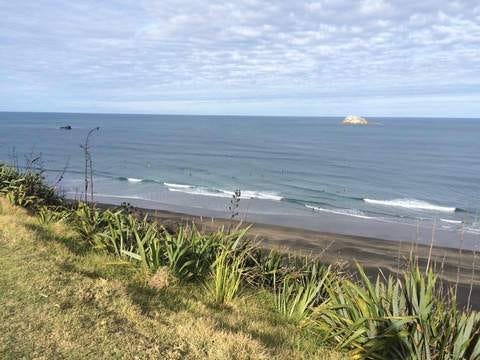
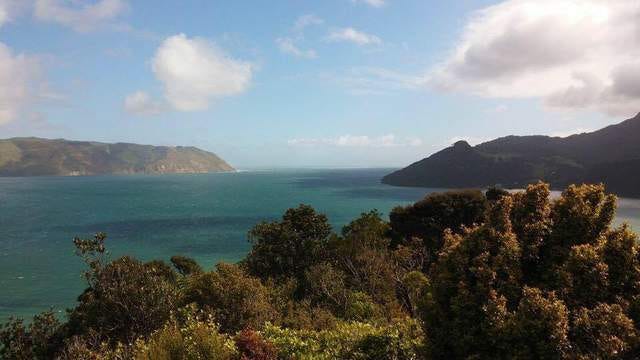
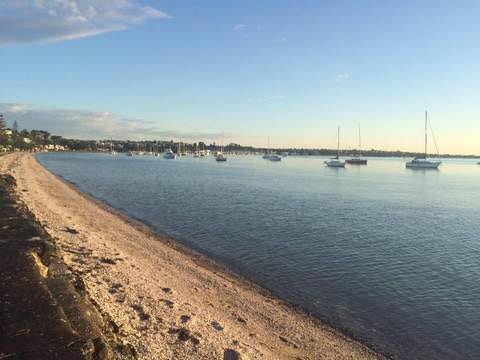
I have given up on fantasy land. This is not a pandemic. It’s a plandemic. A genocide. And people are too stupid to see it. So they don’t fight. And they willingly give in to the demons running this prison planet. I for one am sick of the lies. Everything in this world is a lie.
Beautiful home, but good not to have the burden of a mortgage (which you can eventually get rid of), and the taxes (which you can't).
I visited NZ years ago, beautiful, spacious, and seemed relatively cheap at the time, open beaches, and nice mountains and fjords in the south. Actively considered moving there... But even then, there were hints of the leftist bent... I think if I had moved there, and been under control of the horse faced demon/demigod, I would have been quite unhappy, and feeling very trapped... so it seems lucky that inertia won out and I stayed put.
I'm still in Colorado and semi-rural. We are close enough to get what we need, and far enough to have some breathing room (a couple of acres). We have always been very frugal, trading up from smaller homes with small mortgages, and this last house was bought more than 20 years ago when houses cost less $ but the $ were worth more... We have been frugal, and paid this thing off years ago. That just leaves the taxes, which are bad enough and not trending in the right direction...
I follow you because you seem bright, and are speaking from the heart, and your truth... and I respect that and may learn a bit from your experience.
Best wishes for all good things...